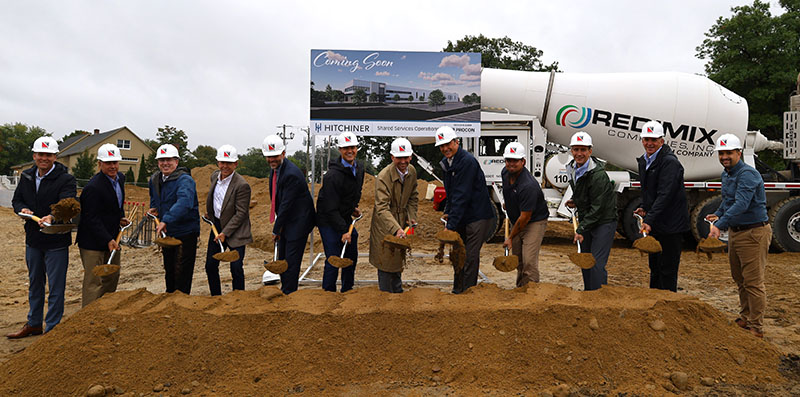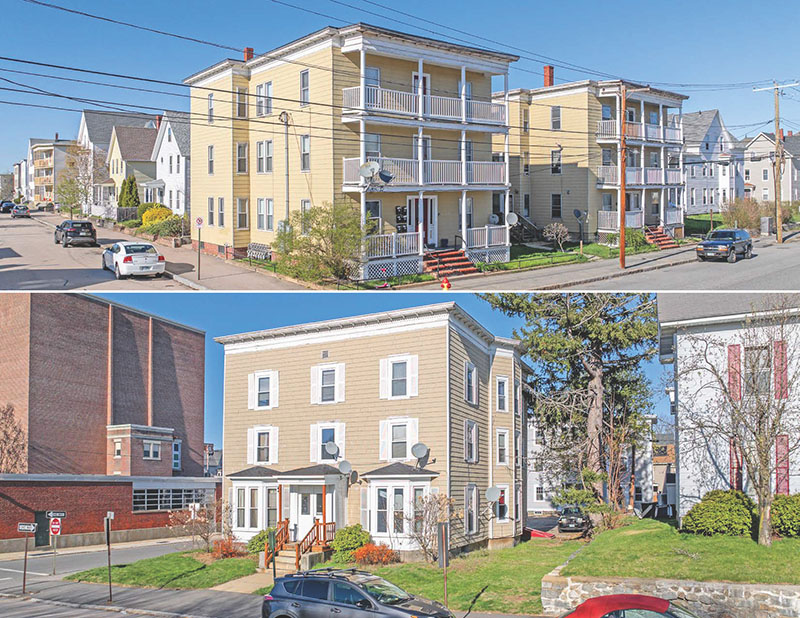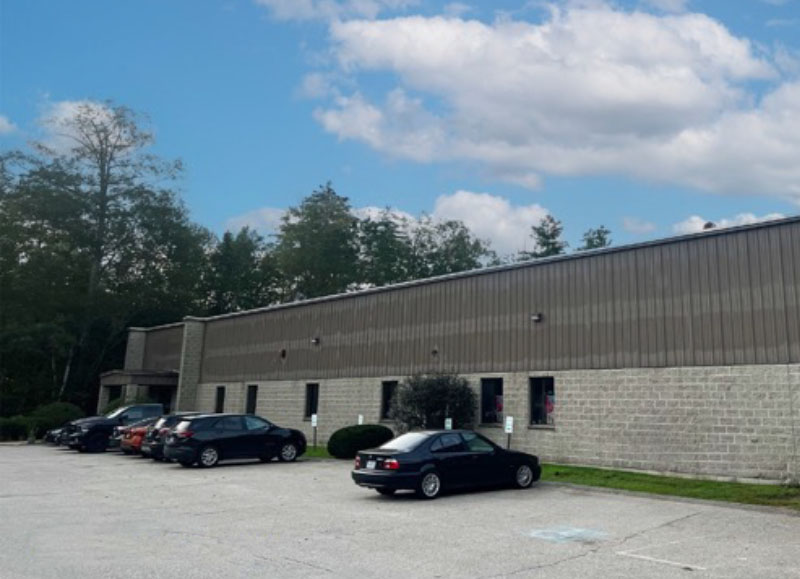News: Northern New England
Posted: October 1, 2008
Value-added investing in face of meager base rent growth can be a real challenge in today's economy
In this challenging economic environment, real base rent growth has become increasingly difficult to achieve. Companies in almost all business sectors are scrutinizing overhead; paying particular attention to real estate operating expenses, which is comprised of base rent and common area expenses (plus utilities and insurance) for those companies that lease real estate. As a result of this cost-cutting reality, real estate investors are faced with signing tenants at low (or no) growth in base rent. Landlords fortunate to have a low basis in their properties can choose to sign these deals and wait for an upturn in the economy to raise rents.
Other property owners may not be so well positioned, having acquired their over-priced properties during the recent run up in values. This latter group may be facing even greater challenges if they have loans coming due in today's tight credit market. Decreasing rents, resulting in lower appraised property values at time of loan renewal, often mean the owner must contribute additional equity to satisfy lending requirements.
No commercial property investor is immune to these market conditions, but there are specific ownership strategies that can help you weather these storms. Foremost, astute investors make their money at the time of acquisition - meaning, the acquisition price must be attractive in order to produce the results you intend. It is folly to believe that strong property management alone can make up for having overpaid initially. (For more on this topic refer to the Sept. 5, 2008's Northern New England Real Estate Journal article, "Containing operating expenses yields increased investor returns") You can read the story at http://nerej.com/25935. At INEX Properties, we have adopted strict purchase criteria in an effort to avoid chasing deals and overpaying. There are times when, as an investor, you need to sit on the sidelines and let other money chase too few over-priced offerings. I refer to it as "The greater fool principle" because there is often someone willing to offer more than prudent analysis would indicate the property is worth. Occasionally, conservative purchase parameters may cause you to pass on an opportunity that, in hindsight, worked out for the competing investor; however, more often these acquisitions are problematic for the over-anxious investor.
In addition to "purchasing the property right", an investor should define purchase parameters. Focus on your strengths and avoid the temptation of seemingly good deals that fall outside your expertise. Basic stuff, but sometimes hard to follow, especially when deals appear great on the surface and there are too few of them around. The market was over-heated these past few years but, if the amount of opportunities that are brought to our attention (twice as many) are any indication, then the market has definitely shifted in favor of the buyer with cash who can act quickly. Whereas INEX had been one of those groups that "sat on the sidelines" for 3+ years, we have completed three acquisitions this past year.
Value-added investing is one way to achieve the base rent growth every investor desires. This is especially true in economic environments like today, where tenants cannot tolerate increasing rents. A prime example of value-added investing that can be employed by any investor is INEX's recent acquisition of 7 Perimeter Rd. in Manchester at the airport. This 122,400 s/f industrial flex building on a land lease was put under agreement when the building had 3 of 9 tenant spaces vacant. Prior to closing on the acquisition one vacancy was filled through the efforts of the prior owner and another space was placed under letter of intent (tenant has since signed a lease). This property was purchased at under $37 per s/f, which affords the landlord the ability to negotiate attractive/below market leases, as needed to retain valued tenants. In the meantime, the landlord is investing additional capital to improve the appearance of the facility and contributing to tenant improvements, so as to achieve higher base rents over time. Under-performing properties that need cosmetic improvements and marketing expertise are one of the few areas that investors can experience growth in rents and therefore value. It is not easy to uncover the gems (we look at nearly one hundred deals for every one we purchase), but the end result is we continue to expand the portfolio and steer clear of trouble.
Mark Lacombe, CCIM is the vice president, real estate practice leader at INEX Properties, Manchester, N.H.
Tags:
Northern New England
MORE FROM Northern New England
PROCON and Hitchiner break ground on 57,000 s/f shared services operations facility
Milford, NH Hitchiner, in partnership with PROCON’s integrated design and construction team, has officially broken ground on a new 57,000 s/f shared services operations facility at its Elm St. campus. This building will house value-added services used across Hitchiner’s various business units,







.png)
